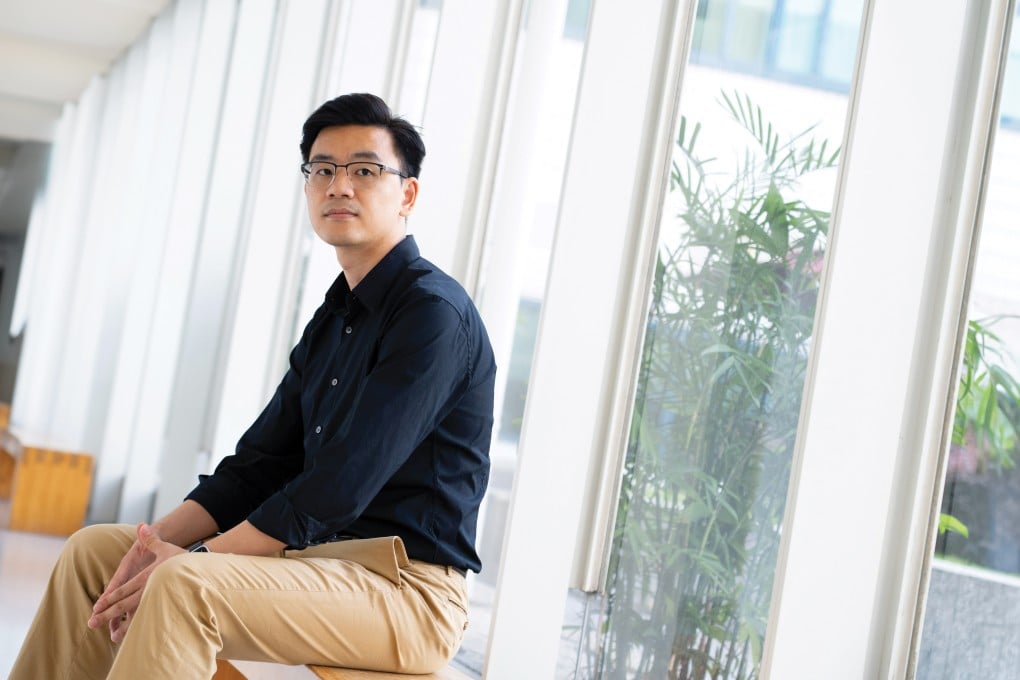From Computational Social Science to Social Impact
Concerns about AI are rife but it pays to recall earlier responses to social media—learning how to make the most effective use of it will ultimately be to our great advantage

In today’s digital age, the spread of information and its impact on society cannot be understated. During the years of COVID-19, information played a powerful role in determining—for better and for worse—how the pandemic panned out in communities across the world and affected billions of lives.
This is one of the many reasons why Professor Vincent WANG Xiaohui’s work is so important in understanding the world we live in today. As an Assistant Professor in the Department of Media and Communication at CityU’s College of Liberal Arts and Social Sciences, Wang’s research looks at the convergence and intersection of information, communication and new technologies, with a particular focus on social media, computational social science, health information and human-computer interaction.
“Computational social science is an interdisciplinary field that leverages the power of computational methods and social science theory to address social issues,” he explains. Using digital trace data such as social media data, online forum data and similar sorts of platforms, Wang’s research seeks to understand the basis of human interaction through technology.
“On a large enough scale, real data from social media can help us to understand human activities at a societal level,” he says.
Wang’s passion can be traced back to the years when he was completing his PhD in Information Studies at Nanyang Technological University. During that time, he met two professors working in computational social science whose work and mentorship inspired him to pursue his own research in the field.
Another reason for following this area of study is that he enjoys the interdisciplinary nature of computational social science.